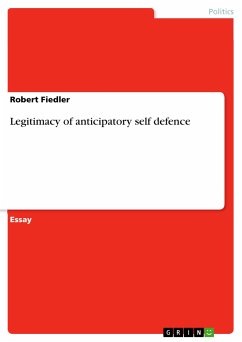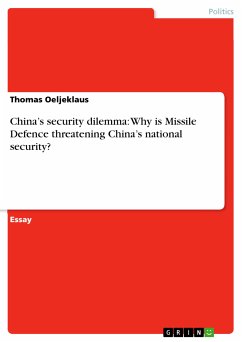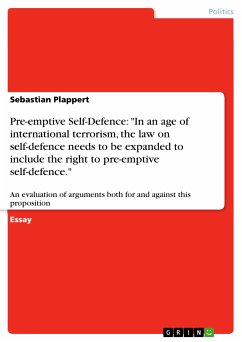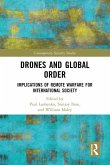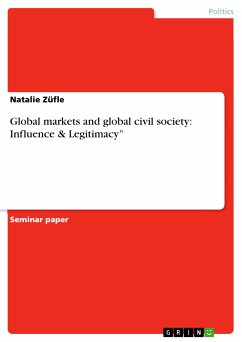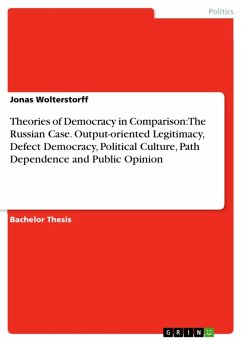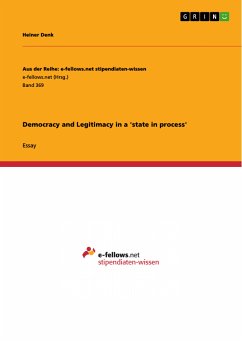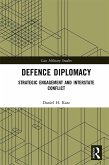Essay from the year 2008 in the subject Politics - Topic: Peace and Conflict, Security, grade: 1,1, Macquarie University, language: English, abstract: During the last decades, terrorism has become a serious threat for the national security in almost every region worldwide. Today, the threat of terrorism committed by international acting individuals and groups addresses not only military or police objectives. Furthermore, the number of civilian casualties is rising continuously and states are forced to find a solution how to cope with trans-national terrorism. Not only after the devastating terrorist attacks of 9/11 self-defence has been a convenient justification of violent and military measures to combat terrorists even beyond national borders. In fact, the use of force against states that harbour or support terrorists and terrorist groups in other nations has been a common deterrent. Yet, since September 11, 2001 the fight against terrorism has reached new dimensions, with states resorting to pre-emptive strikes against terrorism in other nations, a policy best expressed in the New Security Strategy of the United States stating that "The greater the threat, the greater is the risk of inaction- and the more compelling the case for taking anticipatory action to defend ourselves, even if uncertainty remains as to the time and place of the enemy's attack. To forestall or prevent such hostile acts by our adversaries, the United States will, if necessary, act pre-emptively" (The National Security Strategy of the United States, September 2007). Yet, it is highly contested if this policy can be justified as a permissible use of force under Article 51 of the UN Charta in the wake of ongoing terrorist activities. Furthermore, the effects of this anti-terror measure are questionable since it is argued that apart from military strikes non-violent means may have similar impacts in order to minimize terrorism and maximize international collective security. By knowing that a comprehensive answer is hardly possible, the following this paper will analyze anticipatory self defence, embedded in the Customary International Law, can be justified under Article 51 of the UN Charta and argue that under certain circumstances it is legitimate for states to use force in anticipation of armed attack. Furthermore, this article will sketch possible non-violent anti-terror measures.
Dieser Download kann aus rechtlichen Gründen nur mit Rechnungsadresse in A, B, BG, CY, CZ, D, DK, EW, E, FIN, F, GR, HR, H, IRL, I, LT, L, LR, M, NL, PL, P, R, S, SLO, SK ausgeliefert werden.

